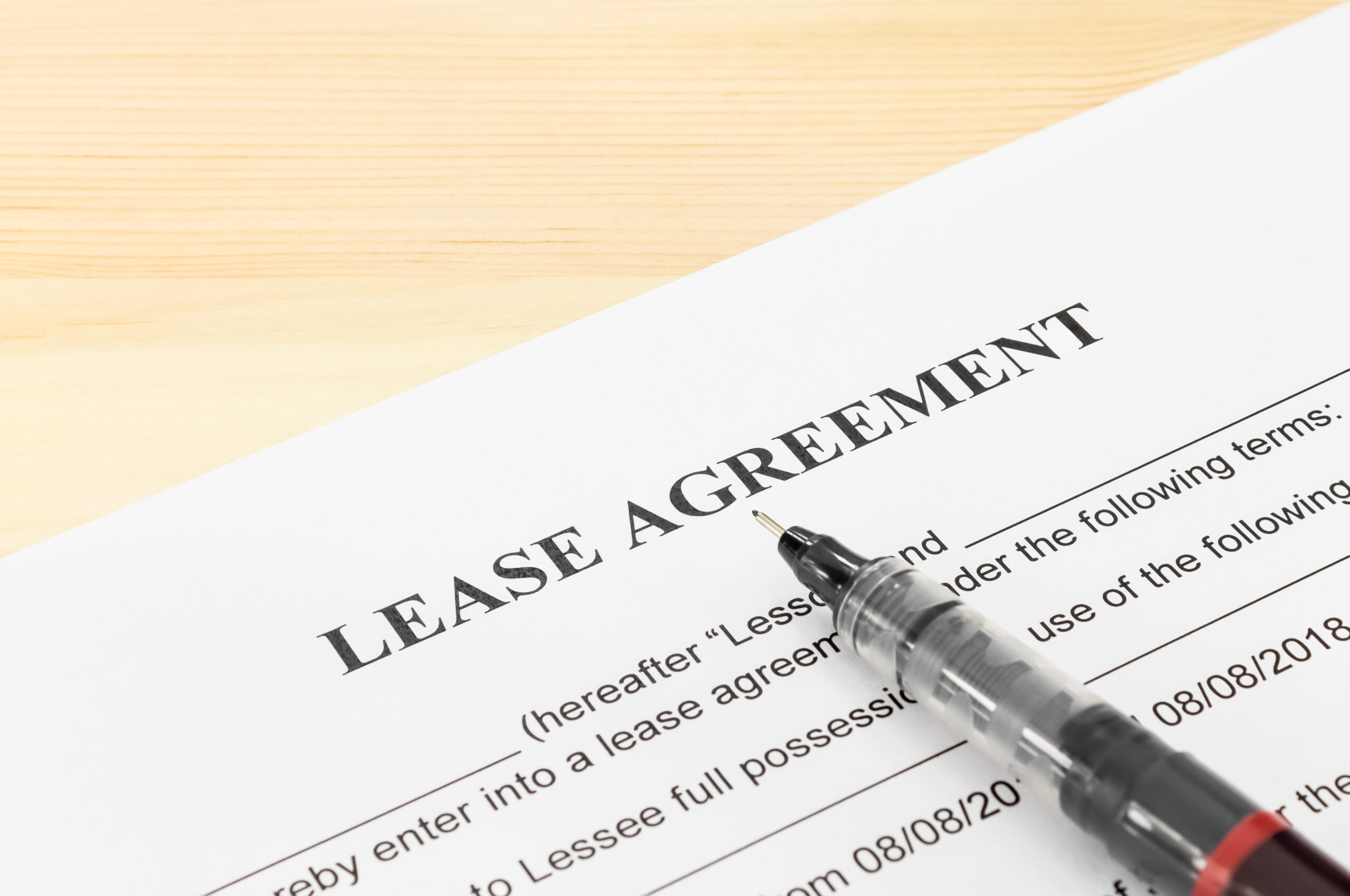
TYPES OF COMMERCIAL LEASE AGREEMENTS
There are three main types of commercial lease agreements: gross, modified gross, and net. Each one has its own set of benefits and drawbacks, so it’s important to understand the differences before signing a lease agreement. A gross lease eliminates exposure of cost increases to the tenant. A modified gross lease exposes the tenant to some risk of cost increases. A net lease exposes the tenant to the greatest amount of risk for cost increases.
Gross Lease
A gross lease provides for the tenant to pay one lump sum for rent, and the landlord pays all operating expenses, such as property taxes, insurance, and maintenance for the property.
Modified Gross Lease
A modified gross lease has the tenant paying a base rent as well as some of the operating expenses, but not all of them. For example, the tenant may be required to pay for utilities and/or janitorial service in addition to the base rent, or they may be required to pay a portion of increases in operating expenses above a so-called base year.
Net Lease
A net lease, on the other hand, requires the tenant to pay a fixed sum for base rent (sometimes called minimum rent), plus a share of certain expenses relating to the property. There are four major types of net leases – single, double, triple, and absolute.
- Single Net Lease – In a single-net lease, the tenant pays a base rent, plus a share of a single major category of operating expenses such as property taxes. The landlord is responsible for all other operating expenses. Under this lease type the tenant bears the burden of certain costs in only a single major category of operating expense.
- Double Net Lease – A double net lease requires the tenant to pay base rent plus a share of two major categories of operating expenses such as property taxes and the landlord’s policy for property/liability insurance. The landlord at its sole expense is responsible for maintenance and repairs for the property. Under this lease type the tenant bears the burden of certain costs in only the two major operating expense categories such as property tax and insurance expense.
- Triple Net Lease – In a triple net lease, the tenant pays base rent plus their share of expenses for three major categories of operating expenses such as property taxes, insurance, and maintenance. This type of lease is sometimes referred to as a NNN lease. Under this lease type the tenant bears the burden of certain costs in all major categories of operating expenses with a few possible exceptions such as capital expenses or structural repairs.
- Absolute Net Lease – An absolute net lease requires the tenant to pay all costs associated with managing, operating, maintaining, and repair of the property. This type of lease is common in a sale-leaseback scenario where the tenant sells the property to the landlord and simultaneously leases the property back from the landlord and assumes responsibility for all operating expenses.
Please note that each lease agreement is unique and should be carefully reviewed by qualified advisors before either party signs on the dotted line. The specific lease wording will greatly impact how much tenants will ultimately pay and how much landlords are able to collect under the lease. There are often many land mines in a lease agreement that could have tenants paying for unexpected administrative fees, management fees, expenses associated with vacant spaces, and other things if they are not careful; and prohibit landlords from collecting what they may otherwise be able to collect in a well-written agreement.


